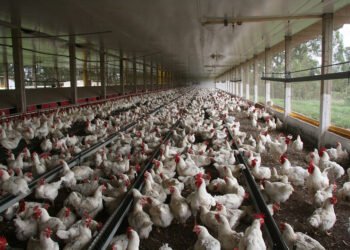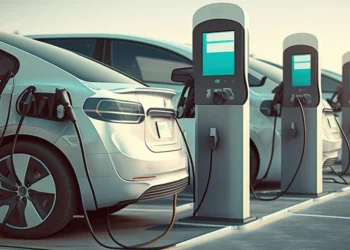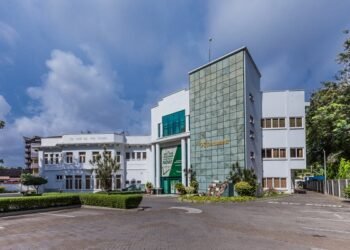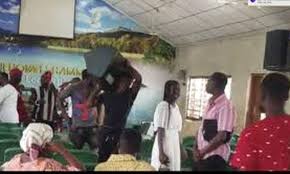The President of IMANI Africa, Mr Franklin Cudjoe, has expressed his surprise at the amount of time and investment being channelled into the alleged £5m Airbus scandal.
He wondered why the country has not invested a quarter of the resources and collective anger into preventing the tall list of recurring and far worse infractions, such as Us$178m KVG, EC US$150, millions of dollars in galamsey deals (just to name a few).
“Just look at the monumental political impediments we have erected in the way of Special Prosecutor Amidu and Auditor-General Domelevo, who was nearly jailed because he is simply asking how US$1m of our public money was allegedly paid to an entity for no work done.”
“We need to find a way of unshackling our central government’s from the overly powerful constitution which gives such unfettered power to misbehave. It seems to me that none of the two major political parties can boldly campaign on their anti-corruption credentials and be taken seriously by the electorate,” he stated.
“Do not get me wrong. We must all be accountable for our actions, even if well-intended. But it is becoming nauseating to hear the holier-than-thou postulations by the political class when it comes to public graft. None is clean,” he added.
He said it would be better to look out for which of the two parties left lasting impressions on crucial matters of inequality, inclusivity as far as health, education, infrastructure and general living conditions are concerned.
“And there is now our nemesis, COVID-19, which has become a way of life- we need to start thinking of how we will live with it until a vaccine is found. And at IMANI, we think one of the most crucial matters for our collective attention is how COVID-19 has opened up serious fiscal room due to postponement of projects and cancellations of spending plans and how effective re-investment of that money is just as critical as plugging the anticipated revenue shortfalls due to COVID-19“That is a study IMANI plans to undertake, funding willing, as we believe it is a useful contribution to the debate on how the newly recruited into poverty, thanks to COVID-19, the existing poor and the extremely marginalised can be helped, of course, if the funds are well applied,” he concluded.



















